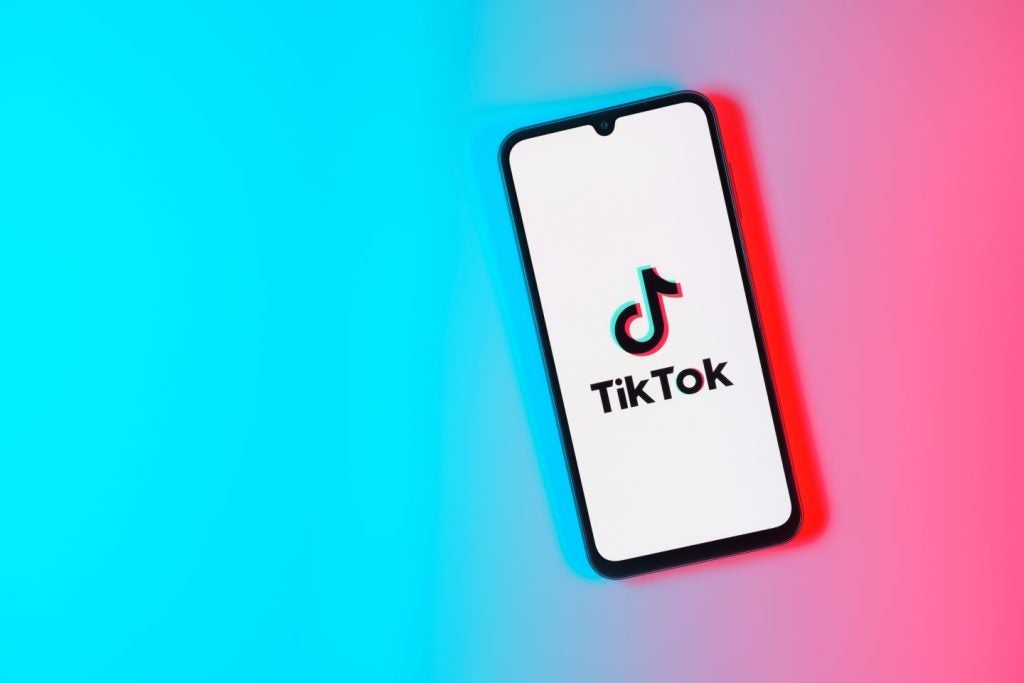
When Mark Zuckerberg thinks about the metaverse, he thinks about a fully realised digital world where users all across the world can meet, shop, play, work and hang out. Right now – that vision is a long way off.
The full metaverse dream, the one that Mark Zuckerberg dreams about, is going to need some extremely powerful connection – and experts believe we haven’t actually got it yet.
“The metaverse will likely require telecom infrastructure that supports symmetrical capacity, super-low latencies, and strong cybersecurity,” research firm GlobalData said.
They added: “Vendors that provide carrier-grade networking equipment will benefit from the infrastructure build-up to support the metaverse.
“That said, we will likely need to wait until the rollout of 6G for the full vision of the metaverse to materialise.”
The research firm added that leading telecom equipment vendors will support these developments, making the metaverse possible, but note that there is a weak appetite for 6G rollouts.
“All leading telecom equipment vendors will support these developments,” GlobalData said, “however, telecom operators are already struggling to claw back 5G network investments, and the appetite for 6G roll-outs is weak.”
It comes after Anisha Bhatia, a GlobalData analyst, predicted that 6G would make smartphones completely irrelevant by 2030.
“6G will of course be more powerful, bigger and stronger, all of those things you expect,” Jerry Caron, global head of research and analysis at GlobalData, said.
As of right now, the metaverse has been struggling to keep relevant against the current love of generative artificial intelligence (AI) platforms like OpenAI’s ChatGPT.
On top of this, the want for virtual reality (VR) headsets has been slow – Sales of VR headsets declined by 2% in 2022 – the same year that Meta announced it would be raising the price of its Quest 2 VR headset by $100.







